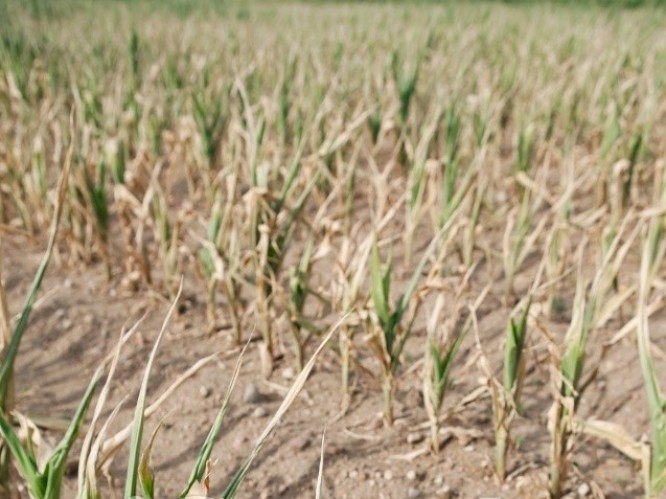Deficiency of precipitation in the Black Sea countries, Brazil and the USA will strengthen the speculative influence on prices in the near future

Dry and hot weather in August and September in Ukraine, Romania, the corn belt of the USA and in the south-west of the Russian Federation worsens the harvest potential of late crops and delays the sowing of winter crops. And the lack of rainfall in Brazil does not allow to start sowing soybeans.
This week, the front brought scattered rains to Ukraine , which lowered the temperatures to normal. But the lack of precipitation during the next week will negatively affect sowing and the condition of winter rapeseed and wheat crops. Farmers have started to harvest soybeans, corn and sunflowers and confirm that the yield is lower than last year.
In the Midwest and Plains of the USA in the next 10-14 days, the heat will reach 30-33 o C and will accelerate the ripening and harvesting of the soybean and corn crops, but will reduce their productivity, which has already led to an increase in stock market quotations. Soil moisture reserves are quite high, so farmers will immediately start sowing winter wheat.
In the Canadian prairies, dry and warm weather favors the harvesting of spring wheat and canola. Temperatures will rise next week and accelerate the ripening of late crops.
The weather is very dry and hot in most of Brazil , and in the state of Mato Grosso, the heat reaches 35-37 o C, which prevents the start of soybean sowing, which is carried out in September - October. Only the southern state of Rio Grande do Sul received sufficient rainfall. According to forecasts, there will be no precipitation in the central regions of the country until the end of September, which will delay the sowing of soybeans and, accordingly, the second crop of corn, which is sown after soybeans. This can lead to a decrease in the yield of both crops, so traders are closely monitoring the progress of sowing.
Argentina also has dry but cool weather that is unfavorable for winter wheat and corn planting. Temperatures will rise next week, but the lack of rain will have a negative impact on crops.
Western Europe experienced another spell of rain this week, which may move to the east of the region next week, where dry and hot weather continues to impair the yield potential of late crops and delay the planting of winter crops.


